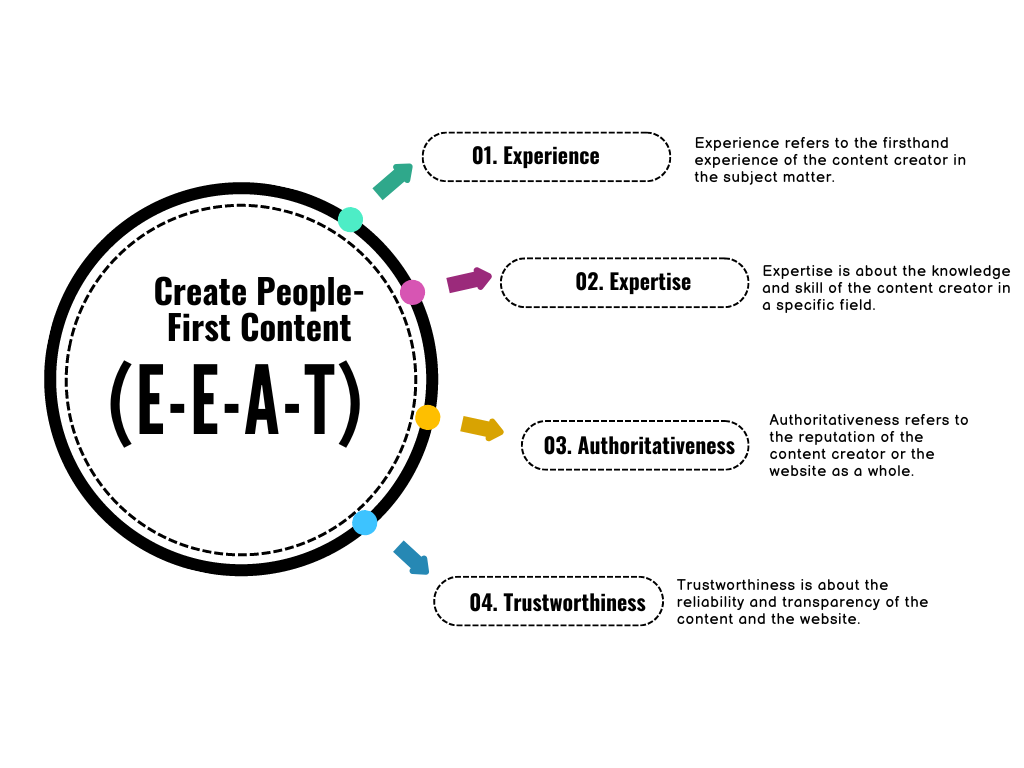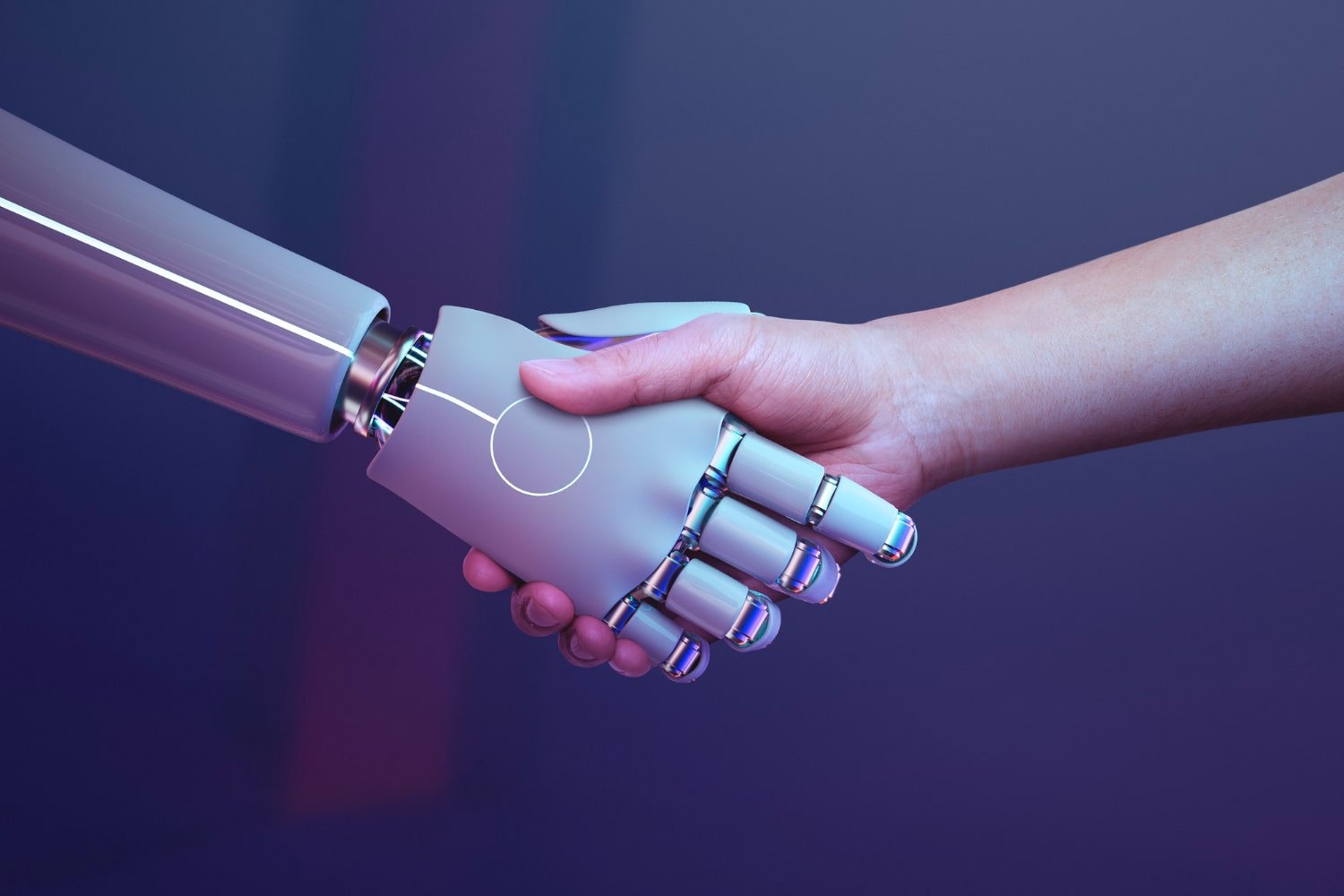AI tools like ChatGPT have made it easier for businesses to quickly create content for blogs, articles, product descriptions, and more. While this technology is convenient, there are concerns about how it might affect SEO (Search Engine Optimization). As more businesses rely on AI-generated content, questions arise: Does using ChatGPT hurt your SEO? Can Google detect AI-generated text, and if so, how does it affect your rankings? This blog post will explore these questions in depth, providing examples, expert opinions, and best practices for using AI in content creation.
Understanding AI-Generated Content and Its Role in SEO
What is AI-Generated Content?
AI-generated content refers to text produced by artificial intelligence tools like ChatGPT, GPT-4, and others. These models are trained on vast datasets, enabling them to generate human-like text based on prompts. The appeal of AI-generated content lies in its ability to produce large volumes of text quickly, making it an attractive option for businesses looking to scale their content production.
The Role of Content in SEO
Content is a crucial component of SEO. Google and other search engines use content to understand what a webpage is about, determine its relevance to search queries, and ultimately rank it in search results. High-quality, relevant content that answers users’ questions is essential for good SEO performance. However, not all content is created equal, and the source of the content—whether human or AI-generated—can impact its effectiveness.

Does ChatGPT-Generated Content Hurt Your SEO Performance?
Understanding how AI-generated content affects SEO involves examining several key factors:
1. Quality and Originality Concerns
Google’s search algorithms prioritize high-quality, original content that provides value to users. AI-generated content, while useful, can sometimes lack depth, originality, and accuracy. For example, AI might generate content that is factually incorrect, overly generic, or repetitive. This type of content can be seen as low-quality by Google’s algorithms, which may result in lower rankings.
Moreover, AI-generated content may struggle to demonstrate Experience, Expertise, Authoritativeness, and Trustworthiness (E-E-A-T)—factors that Google considers when ranking content. A lack of these elements can negatively impact SEO, as content that does not meet these criteria is less likely to rank well.
Example: A Blog Post About “The Benefits of Meditation”
Let’s say a business uses ChatGPT to generate a blog post about “The Benefits of Meditation.” While the AI might produce a well-structured article, it could lack unique insights, or expert opinions that would make the content stand out. If this blog post is compared to one written by a meditation expert who shares personal experiences and provides unique tips, the AI-generated content is likely to fall short in terms of originality and expertise. This difference could impact how the content is ranked by Google.

2. Potential for Keyword Stuffing and Over-Optimization
AI-generated content can sometimes lead to keyword stuffing or over-optimization—practices that Google’s algorithms penalize. Because AI tools like ChatGPT are designed to optimize text based on input, they might produce content that includes too many keywords in an attempt to meet SEO guidelines. However, this can backfire, as Google may flag such content as spammy or manipulative.
Example: An E-commerce Product Description
Imagine using ChatGPT to create product descriptions for an online store. If the AI is instructed to include the keyword “best running shoes” multiple times, it might generate a description that overuses this phrase, leading to keyword stuffing. This can harm the page’s SEO performance, as Google prefers content that uses keywords naturally and provides value to readers.
3. The Risk of Generic Content
AI tools like ChatGPT rely on patterns in the data they are trained on, which can result in content that is generic or lacks a unique voice. Google’s algorithms are designed to reward content that offers original insights and a unique perspective. If your website relies heavily on AI-generated content that is similar to what is already available online, it may struggle to stand out and rank well in search results.
Can Google Detect AI-Generated Content?
The answer is yes, to some extent. Google’s algorithms are sophisticated and constantly evolving to detect low-quality content, and AI-generated text can sometimes fall into this category.
Google has made it clear that its primary concern is the quality and usefulness of content, not necessarily how it was created. Let’s say an AI tool is used to generate a news article about a recent event. If the content is accurate, informative, and provides unique insights, it may perform well in search results, even if Google detects that it was AI-generated. However, if the article is generic, lacks depth, or contains inaccuracies, it may be penalized regardless of its source.
The Role of Human Review
To lower the risks associated with AI-generated content, it’s essential to involve human editors in the content creation process. Human review can help ensure that AI-generated content meets quality standards, aligns with your brand voice, and provides value to readers. By combining AI tools with human expertise, businesses can produce content that is both efficient and effective.

The Best Approach to AI-Generated Content for SEO
If you’re considering using AI-generated content for SEO, here’s a recommended approach
- Use AI as a Starting Point: Treat AI-generated content as a draft or foundation. Refine and enhance it to ensure it meets your quality standards.
- Incorporate Expertise: Add insights and expertise that AI cannot provide. This can involve subject matter experts reviewing and contributing to the content.
- Regular Updates: Keep the content updated to ensure it remains relevant and accurate.
- Plagiarism Checks: Use plagiarism detection tools to ensure the content is original and not unintentionally duplicated from other sources.
Conclusion
AI-generated content can be a valuable tool for content creators, but it should be used strategically and never as a replacement for high-quality, human-written content. By focusing on creating informative and valuable content that caters to your target audience, you can leverage the power of AI while ensuring your website remains SEO-friendly.
FAQs
Yes, AI-generated content can rank on Google as long as it meets the search engine’s quality standards. This means the content should be original, valuable to users, and well-optimized without engaging in spammy practices.
No, SEO is not dead in the age of AI. In fact, SEO is still crucial for ensuring that content, whether AI-generated or human-written, is discoverable and ranks well in search engines. AI can assist in creating and optimizing content, but SEO principles remain important for success.
Humanizing ChatGPT content involves adding personal touches, such as expert opinions, or unique insights that an AI might not naturally provide. Reviewing and editing the content for tone, style, and depth can also help ensure it feels more human and less automated.
Yes, there is a risk that AI-generated content could unintentionally lead to duplicate content issues, especially if the AI relies on common phrases or information found across the web. To avoid this, it’s important to use plagiarism detection tools and to ensure that the content is original and unique before publishing.

